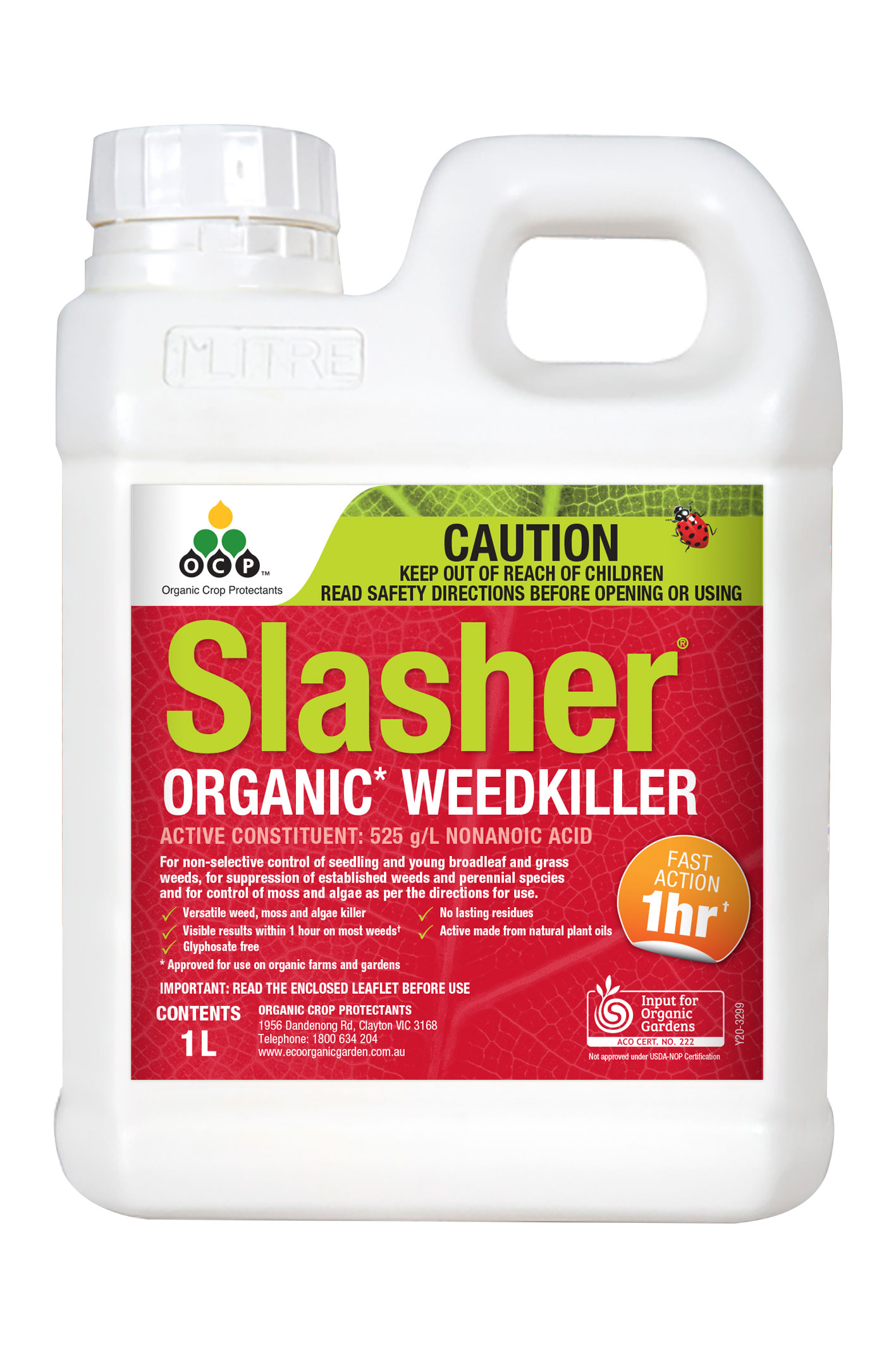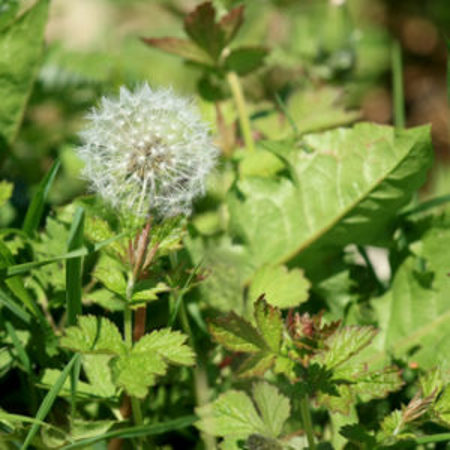Weeds
BackOrganic control of weeds can be difficult at times and requires some perseverance. Here’s some tips to help you win the battle:
Manual Removal
Allocate time to get in and hand weed your beds and lawns. Doing it as a regular job means you’ll only be pulling out young weeds which are much easier to remove than larger established ones. It will also prevent the weeds setting seed and spreading further.
Mulch
Weeds are mostly opportunistic and are the first plants to appear in exposed soil. Mulching over bare patches makes it harder for them to germinate and take hold. It’s also great for conserving moisture for your desired plants.
Feed
Many weeds thrive in barren nutrient poor soils and can outgrow other plants. Fertilising your plants well gives them a chance to fight back and out compete the weeds. You should also check the soil pH. Extremely acidic or alkaline soils cause some nutrients to become locked up and impede plant growth, whilst some weeds still manage thrive. Correct acidic soils by adding eco-flo lime or eco-flo dolomite. Correct alkaline soils by adding sulphur.
In Lawns
If your lawn covers a large area and hand weeding is not practical then start mowing. Frequent mowing will prevent many common lawn weeds from fully growing and setting seeds. The act of mowing also encourages the lawn itself to grow denser making it harder for weeds to survive. Keep the lawn well fed and watered at the same time to assist with the lawn growth.
Sprays
One of the easiest ways to control weeds is by spraying them with Slasher Weedkiller. It’s a Registered Organic herbicide that works rapidly to kill weeds, moss, algae and lichen. Thoroughly spray weeds as Slasher is a contact herbicide and good spray coverage will deliver the best results.
NOTE: If you’re ever tempted to go for a non-organic herbicide keep in mind that these systemic sprays are proving to be very persistent in the environment, despite what the manufacturers claim, and have increasing links to cancers.




